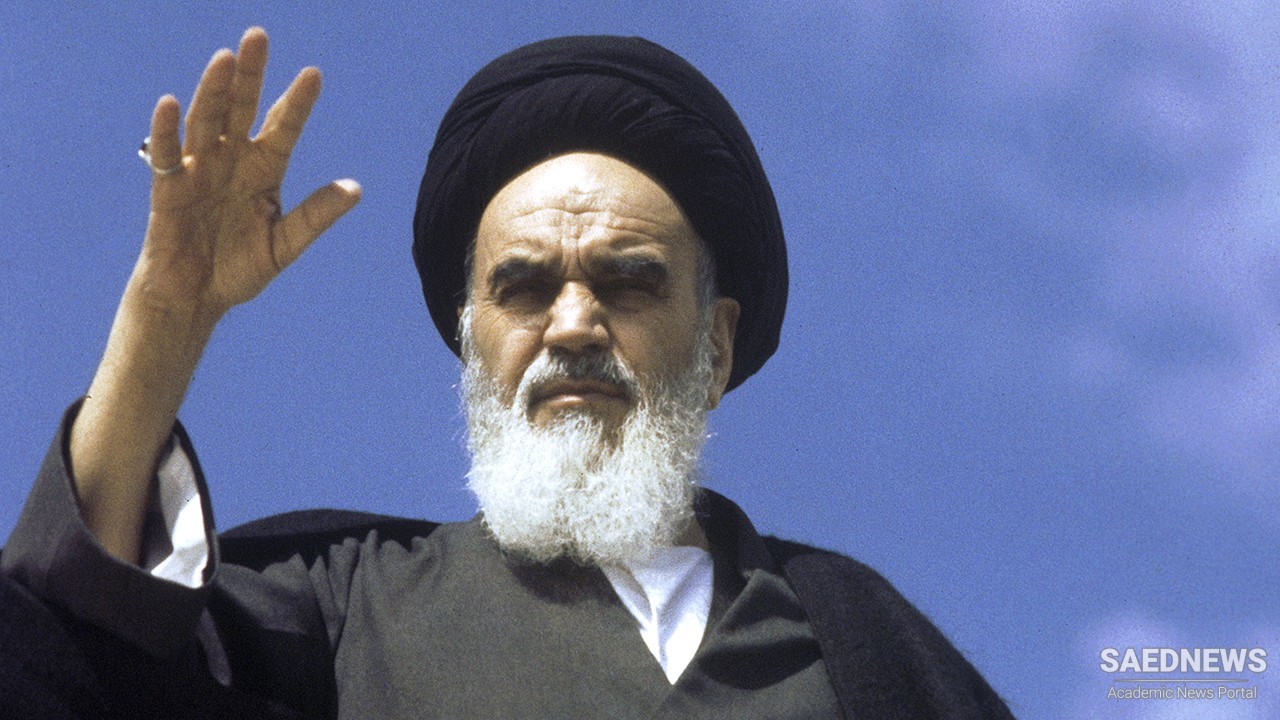Imam Khomeini, "Islamic Government: Guardianship of the Jurist": "In accordance with both wisdom and the essential nature of religion, the purpose in sending the prophets and the task of the prophets cannot be simply the delivery of judgments concerning a particular problem or the expounding of the ordinances of religion. These judgments and ordinances were not revealed to the Prophet in order for him and the Imāms to convey them truthfully to the people as series of divinely appointed muftis, and then to pass this trust on in turn to the fuqahā, so that they might likewise convey them to the people without any distortion. The meaning of the expression: “The fuqahā are the trustees of the prophets” is not that the fuqahā are the trustees simply with respect to the giving of juridical opinions. For in fact the most important function of the prophets is the establishment of a just social system through the implementation of laws and ordinances (which is naturally accompanied by the exposition and dissemination of the divine teachings and beliefs). This emerges clearly from the following Qur’anic verse: “Verily We have sent our messengers with clear signs, and sent down with them the Book and the Balance, in order that men might live in equity” (57:25). The general purpose for the sending of prophets, then, is so that men’s lives may be ordered and arranged on the basis of just social relations and true humanity may be established among men. This is possible only by establishing government and implementing laws, whether this is accomplished by the prophet himself, as was the case with the Most Noble Messenger, or by the followers who come after him."


 Guardianship of the Jurist: Dictatorship or a Pioneering Divinely Informed Democracy
Guardianship of the Jurist: Dictatorship or a Pioneering Divinely Informed Democracy














































